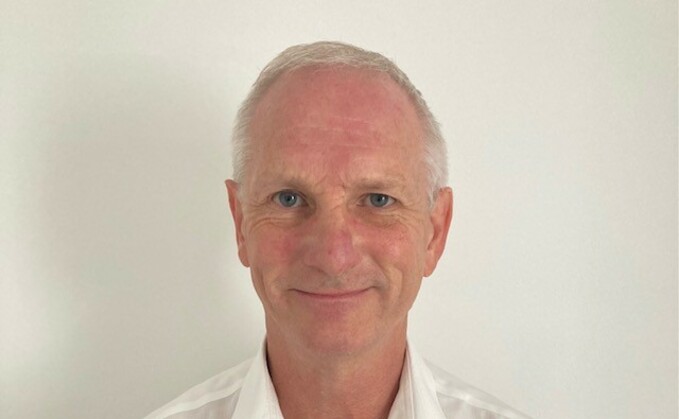
Neil Thompson, Product Manager at National Friendly
Why do people need insurance? Customers typically look to insurance products such as income protection to protect their financial security, however, there are knock-on quality-of-life benefits that often receive less attention.
Neil Thompson, Product Development & Training Manager at National Friendly, argues that Maslow's Pyramid provides a framework to help explain the various benefits customers receive from income insurance across different stages of their life.
Maslow's pyramid proposes that for humans to fulfil the fundamental goal of self-actualisation, they first need to satisfy their four, higher priority tiers of need.
At the base of the pyramid are physiological needs, such as food, water, warmth and a place to sleep. For most people (though not all), these needs are fulfilled once they have a job and an income that can provide for those basic needs.
The adoption of income protection can immediately help most customers satisfy their needs in the first two tiers of the pyramid by protecting their income and financial welfare. This allows them the safety and security required to continue to focus on the higher tiers of the pyramid.
Thompson says: "We think we are all invincible and are always going to be able to go out to work. But as you get older and you get more life experience, you realise ill health and things like pandemics can come along and threaten your fundamental needs."
Moving up the pyramid
After satisfying one's financial welfare, income protection can generate more intangible benefits. Love and self-esteem are often drivers to protecting oneself and one's loved ones. We need respect and recognition as part of our journey to self-actualisation. We get that from within ourselves or from our loved ones. Having cover in place allows us to be a provider even at times when we can't physically do so.
Thompson says: "Part of the hunter-gatherer mentality is to be able to protect your family. That can make you feel good and provide you with a valued pat on the back."
Similarly, securing insurance is a message of intent that you recognise the importance of remaining healthy, active and socialising. You are part of an elite group of pro-active people and that collective action can boost esteem and create a sense of belonging that helps satisfy levels three and four in Maslow's pyramid.
Different stages of life
Often when people progress through Maslow's pyramid, they are also going through different stages of their lives and require a variety of cover. Thompson explains that as people get older, their ability to earn increases and opens options to other types of products such as family medical insurance. Conversely, when customers are younger, they might look towards more affordable products such as accident-only insurance.
Thompson says: "We have looked at ways of making insurance more affordable for younger customers. We've sold a lot of policies that are between £10 and £20 a month. We may be in a recession for a long period and at some stage in a few years, our customers may be in a position to increase their cover with us."
Understanding what stage within the pyramid customers are in and the state of their finances requires continuous dialogue. For instance, some customers are under the impression that savings will cover emergencies whereas the facts don't bear this out. Having income protection can even conserve your savings, by giving you the buffer you need rather than eating into your emergency fund.
Key to this dialogue is educating young people on personal finance, finding out what is important to them, and getting them on board as soon as possible. Too often the focus is on borrowing through credit cards and hire purchase and insurance doesn't get a look in.
Thompson says: "We all need a little help as we progress through life, whether that's from friends and family or from work and other organisations. For some, that help will come through insurance and, like personal growth, cover can grow, too. Once you're in, it's a lot easier to increase cover as needs evolve. The hope is that in doing so, people are progressing up the pyramid and improving their overall quality of life."
Find out more about National Friendly for Intermediaries Here
This post is funded by National Friendly













